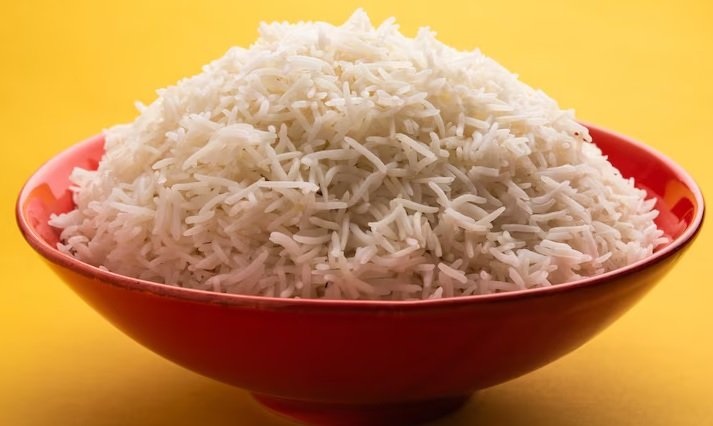Decline in export of non-Basmati rice continues
23-Jun-2025 01:54 PM

New Delhi. The export of non-Basmati or regular rice from India continues to face a slowdown, mainly due to weak demand from African nations and sluggish Basmati rice exports amid the ongoing Iran-Israel war.
A major reason for the declining demand is the large existing stock of previously imported rice in key African importing countries. Once these stocks deplete, it is expected that these countries may return to the Indian market for fresh purchases.
According to exporters, the commercial export of raw (white) rice, sela rice, tukdi rice, and Basmati rice from India remains fully open.
There are no export duties, restrictions, or minimum export price (MEP) requirements imposed by the government, and there is no indication of efforts to limit or discourage exports.
Indian non-Basmati rice is still priced competitively in the global market, but due to surplus stocks abroad, the export business has remained sluggish.
As for Basmati rice, exports from India reached an all-time high of over 6 million tonnes during the financial year 2024–25 (April–March).
Export performance remained stable in the first two months of 2025–26 as well, although the average free on board (FOB) export price weakened. The Iran-Israel war, which began in June, has raised concerns over further Basmati shipments.
Iran, once the largest importer of Indian Basmati rice, accounted for nearly 25 percent of India’s total Basmati exports in 2018–19 but has now fallen to third position.
As long as the war continues and surplus stock remains in importing countries across Africa and Asia, a significant rebound in India’s non-Basmati rice exports appears unlikely.
India currently has ample exportable stocks of rice and no issues with pricing. What is needed now is a revival in demand from importing nations.
